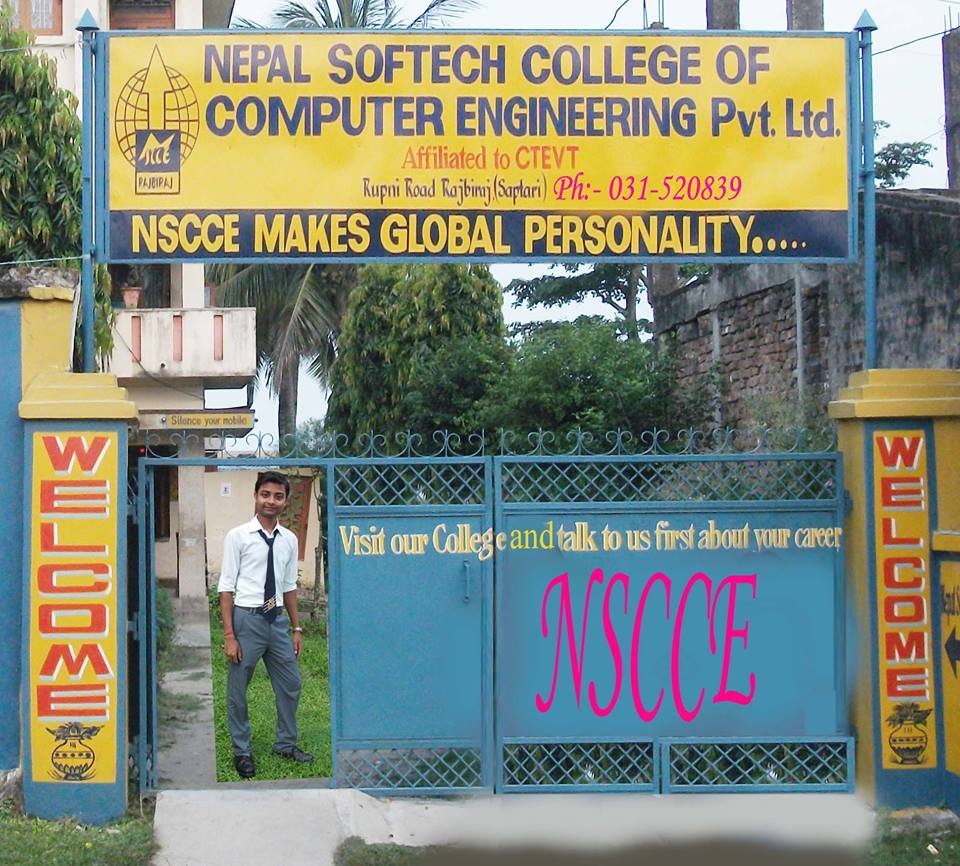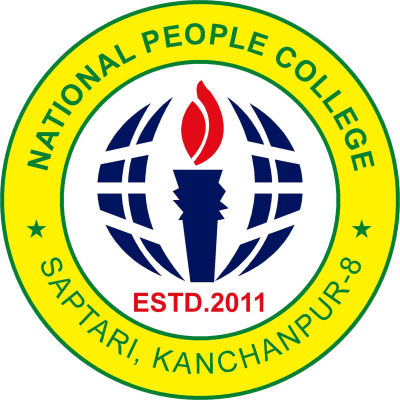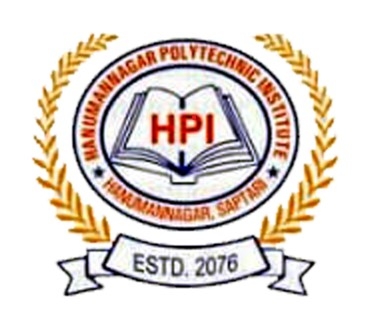Overview
Rajbiraj Polytechnic Institute, RPI, opened its doors in 2077 BS (2021 AD) as a joint initiative between Rajbiraj Municipality and CTEVT. Set in the eastern town of Rajbiraj, Saptari, the institute was built with one clear goal: to give students real access to technical education without leaving their hometown.
Mayor Shambhu Prasad Yadav initiated this public academic institution, recognizing the urgent need for a dedicated space where students could develop hands-on skills in engineering, agriculture, and health sciences. What began with modest resources is a steadily growing institution preparing local youth for professional careers grounded in practical knowledge.

Objective
RPI was founded to close the gap between technical education and employment readiness. It aims to give students a solid foundation in applied skills, such as civil engineering, survey technology, or short-term skill-based training. By focusing on accessible, affordable, and community-rooted education, RPI empowers students to contribute directly to local development and the broader workforce.
Mission
The institute aims to prepare capable individuals to apply their learning in national and international work settings. RPI creates job-ready graduates through classroom teaching, lab work, and real-life practice. It also provides technical services, short training, and workshops for the wider community.
Vision
RPI envisions becoming a reliable hub for technical learning in Nepal’s southeastern region. The goal is to provide students from all backgrounds, especially those from underrepresented areas, with real opportunities to grow through education that balances theory with hands-on experience.
Teaching Methodology
The classroom is just one part of the learning process at RPI. Here, education extends beyond books and lectures. Students get regular exposure to:
-
Practical lab work
-
Field-based project assignments
-
Real-site surveys and community engagement
-
Group tasks and hands-on workshops
-
Structured feedback sessions with instructors
The learning approach helps students think critically, work collaboratively, and solve problems using fundamental tools and methods from their field.
Extra and Co-Curricular Activities (ECA/CCA)
Alongside academic work, students participate in various activities supporting their overall development. These include:
-
Local and inter-institute sports events
-
Technical exhibitions and presentations
-
Cultural programs and celebration days
-
Volunteering in public outreach or environmental efforts
These events allow students to lead, express themselves, and connect with peers beyond textbooks.
Learning Environment
The atmosphere at RPI is student-focused and grounded in community values. While the campus started with basic facilities, it has grown steadily to meet required educational standards. Facilities include:
-
Well-ventilated classrooms
-
Functional science and engineering labs
-
A computer lab with internet
-
Reference library and reading spaces
-
Multimedia-equipped halls for lectures and workshops
-
Cafeteria, recreational areas, and student lounges
This setup allows students to study in a calm, supportive environment while gaining access to the tools they need for skill development.
Academic Programs
RPI offers diploma-level courses and short-term training options aligned with CTEVT guidelines.
Diploma Programs (3 years):
-
Diploma in Civil Engineering
-
Seats: 48 (4 under scholarship)
-
Eligibility: SEE graduate + CTEVT entrance
-
Curriculum: CTEVT-approved syllabus
-
-
Diploma in Geomatics (Survey) Engineering
-
Seats: 48 (4 under scholarship)
-
Entry: SEE graduate + CTEVT entrance
-
Short-Term Skill-Based Training:
-
Community Livestock Assistant
-
Village Animal Health Worker
-
Sweets and Dairy Production
-
Off-season Vegetable Farming
-
Plumbing
-
Electric Wiring
-
Masonry
-
Poultry Farming
These training courses are designed for those who want to enter the workforce quickly or develop skills for self-employment.
Scholarships and Admission Categories
RPI supports inclusive education through a range of scholarship options and reserved quotas. Admissions follow CTEVT guidelines.
Scholarship Options:
-
Full scholarship (Jehendaar)
-
50% scholarship for applicants from:
-
Women
-
Madhesi, Muslim, and Dalit communities
-
Remote areas or conflict-affected families
-
Individuals with disabilities
-
Other Quota Categories:
-
Local resident quota
-
Makawanpur district quota
-
CTEVT staff family quota
-
Sponsored employee quota (with minimum 3 years of service)
-
General open competition
Documents Required for Admission:
-
SEE/SLC mark sheet and character certificate
-
Nepali citizenship or birth certificate
-
Two passport-size photos
-
Recommendation letter (for quota applicants)
Minimum Academic Requirement: SEE pass with at least 1.6 GPA and standard grades in English, Science, and Mathematics, or a related technical SLC qualification from CTEVT.
Conclusion
Rajbiraj Polytechnic Institute is more than just a college—it’s a bridge between learning and livelihood. With its focus on practical education, local access, and inclusive support, RPI gives students a strong chance to shape their future without leaving their community behind. It offers a place to begin for those seeking to build a career rooted in basic skills and meaningful work.














